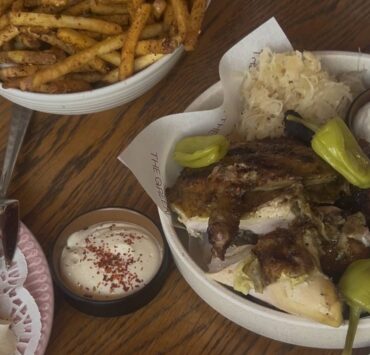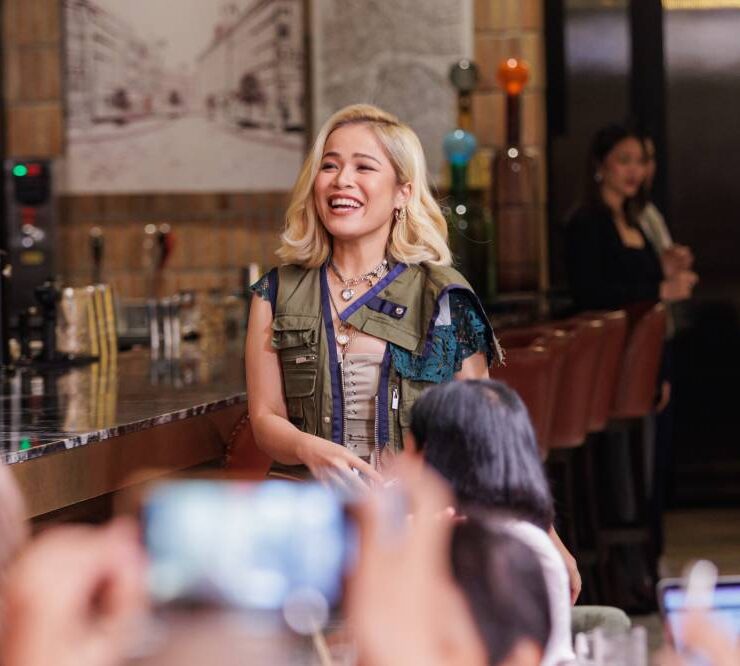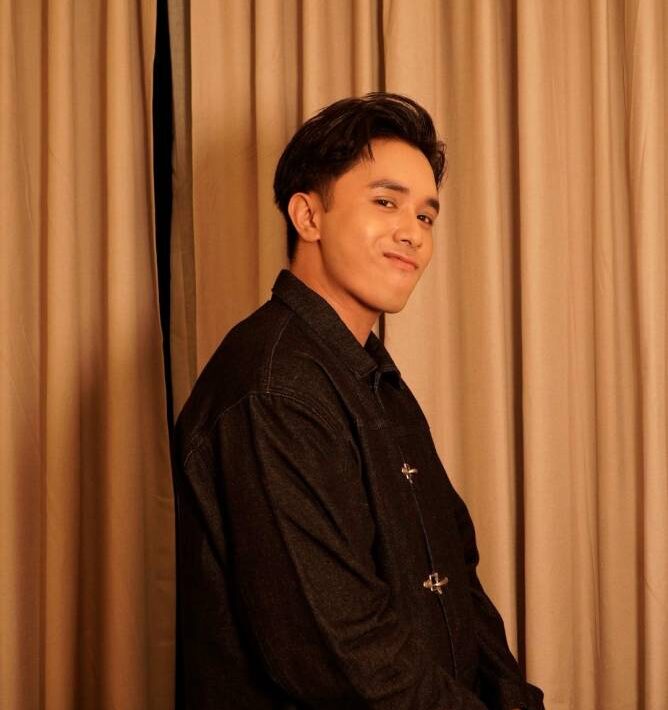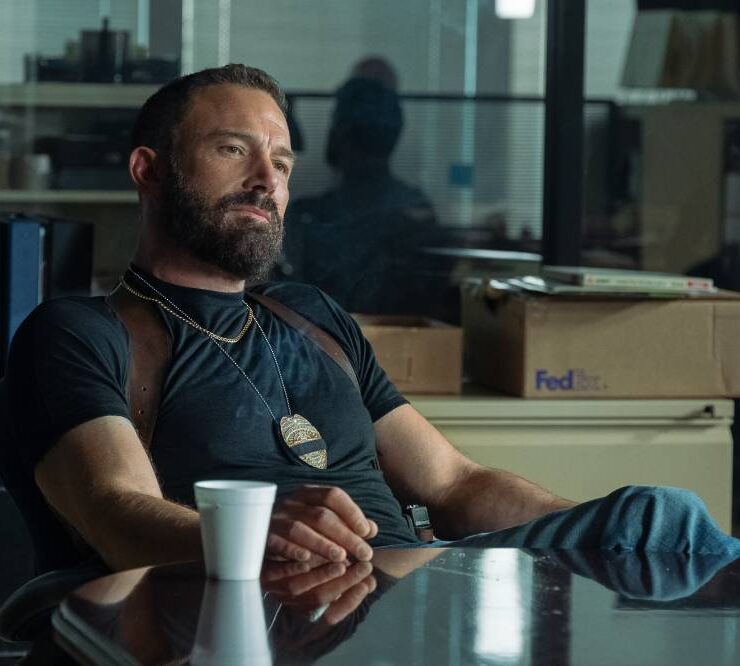Manny Pacquiao leads Filipino pack into the survival arena
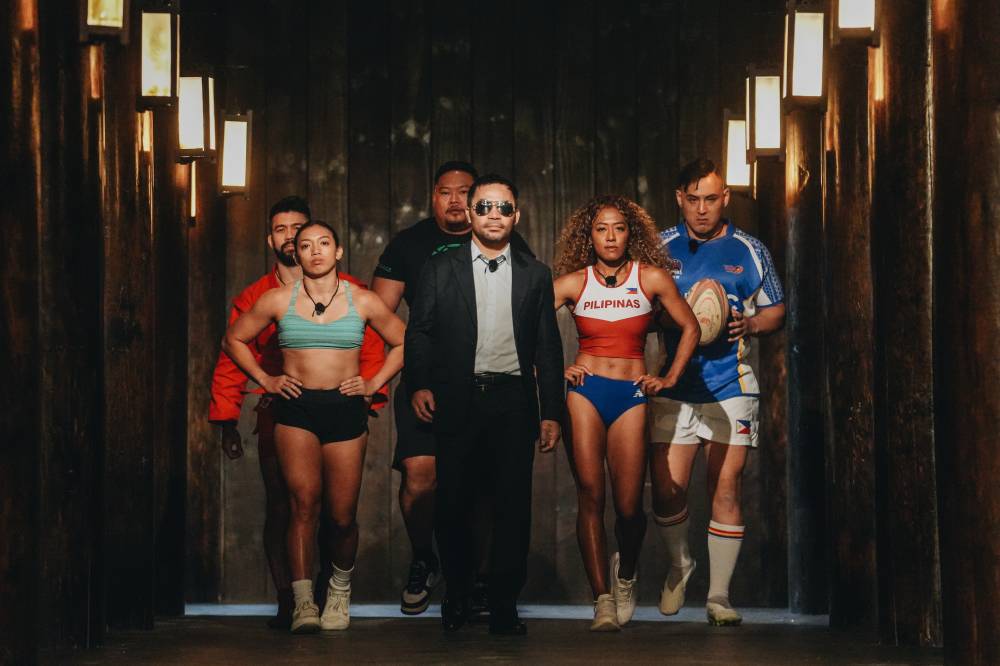
Manny Pacquiao is no stranger to carrying the hopes of a nation on the international sports stage. And throughout his career, he walked alone toward the center of the ring, where only he could answer the bell.
But his entrance in the reality survival show “Physical: Asia” was markedly different. Ditching his usual robe for a suit and matching sunglasses, the boxing legend strode into the arena with a knowing smile and a proud team of hopefuls close behind.
This time, Filipino pride rests not only on his two fists, but on the collective strength of the six athletes whom he must lead in this nation-versus-nation showdown. He’s not exactly pulling punches—at least not literally—but the pressure remains. His success is their success; his failure is theirs, too.
A spin-off of Netflix’s popular “Physical: 100” franchise, “Physical: Asia” brings together 48 contestants from eight countries to duke it out in challenges or “quests” that “push the limits of physical endurance” while showcasing “teamwork, tactical brilliance, and national spirit.”
A complete team
Pacquiao believes his team embodies those qualities. Mark “Mugen” Striegl, a seasoned MMA fighter and Southeast Asian Games gold medalist in Sambo, lends his grappling and quick combat skills to the squad. Powerlifter and multiple-time “Philippines Strongest Man” titlist Ray Jefferson Querubin brings brute strength. Robyn Lauren Brown, a gold medalist in the 400m hurdles at the Asian Athletics Championships, is built for tasks requiring speed and agility.
As a veteran of the Philippine Volcanoes rugby team, Justin Coveney is as explosive as he is sturdy. Rounding out the roster is Lara Lorraine Deang Liwanag, a renowned CrossFit competitor whose strength, stamina, and speed make her a versatile asset in functional fitness tasks.
“We’re a complete team,” Pacquiao says in a virtual press conference. “We have someone strong, someone fast, and we’re good at planning and strategy. We know how to approach each challenge to win.”
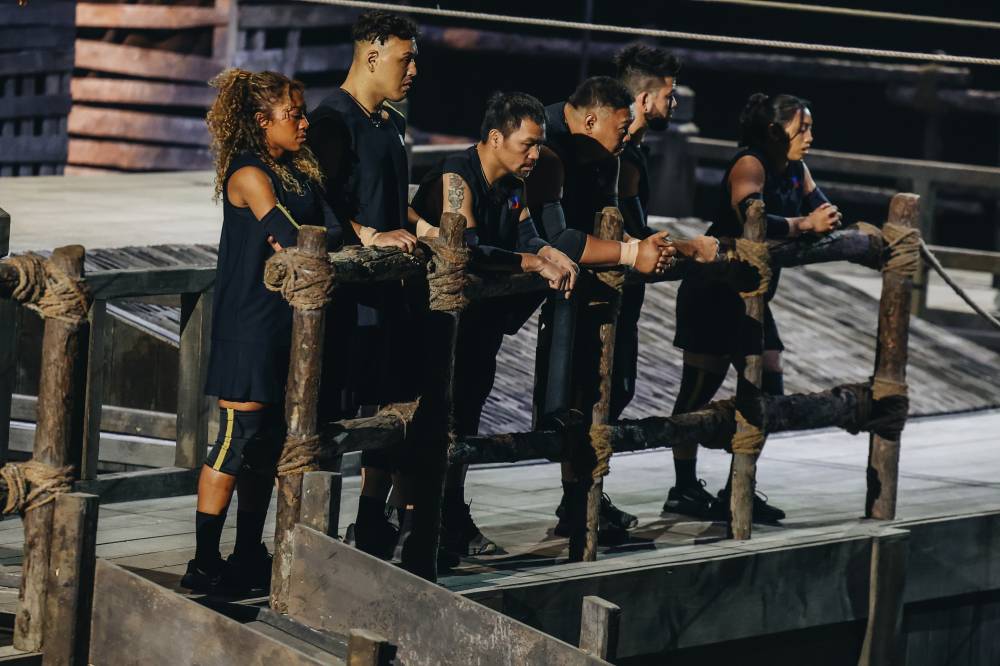
Standing between them and one billion Korean won—as well as national glory—are seven other teams of six, each one boasting its own distinct strength and style. Host country Korea, led by Kim Dong-hyun, is defined by “unified resilience.” Turkey (Recep Kara) has “resolute strength and enduring spirit.” The precise Japanese (Yushin Okami) competitors are dubbed “Master Tacticians.”
Thailand (Superbon Singha Mawynn) exudes the unyielding “Muay Thai Spirit.” Indonesia (Igede Dharma Susila) has an “explosive energy” and is “unstoppable both in power and motion.” Australia (Robert Whittaker) overwhelms with “sheer athletic might.” Mongolia (Orkhonbayar Bayarsaikhan), meanwhile, channels the “Giants of the Steppe.”
Transcending disciplines
Each team is composed of icons, champions, and emerging stars, representing a diverse range of sports, combat, and other disciplines: judo, boxing, rugby, volleyball, and even parkour. This season also celebrates traditional sports that define Asia’s athletic heritage, like Korea’s ssireum (folk wrestling), Mongolia’s wrestling, Turkey’s oil wrestling, and Thailand’s Muay Thai.
“The essence of ‘Physical’ lies in competition that transcends borders, generations, and disciplines,” says director Jang Ho-gi, who envisions the show as a “new type of Olympics.” In fact, some of the upcoming tasks are expected to pay homage to the 1988 Seoul Games.
“I’m excited about the challenges. I have watched the previous two seasons, so it’s great to be taking part in a competition like this,” Pacquiao adds. “I saw how the others compete, and I knew that we had to prepare as much as I could and think carefully about how to overcome each challenge.”
There’s no denying that the eight-division world boxing champion’s presence in the show brings a considerable degree of prestige. In the first episode, Pacquiao’s reveal prompted cheers and gasps from his starstruck peers. At the press conference, many of the questions from local reporters were directed at him.
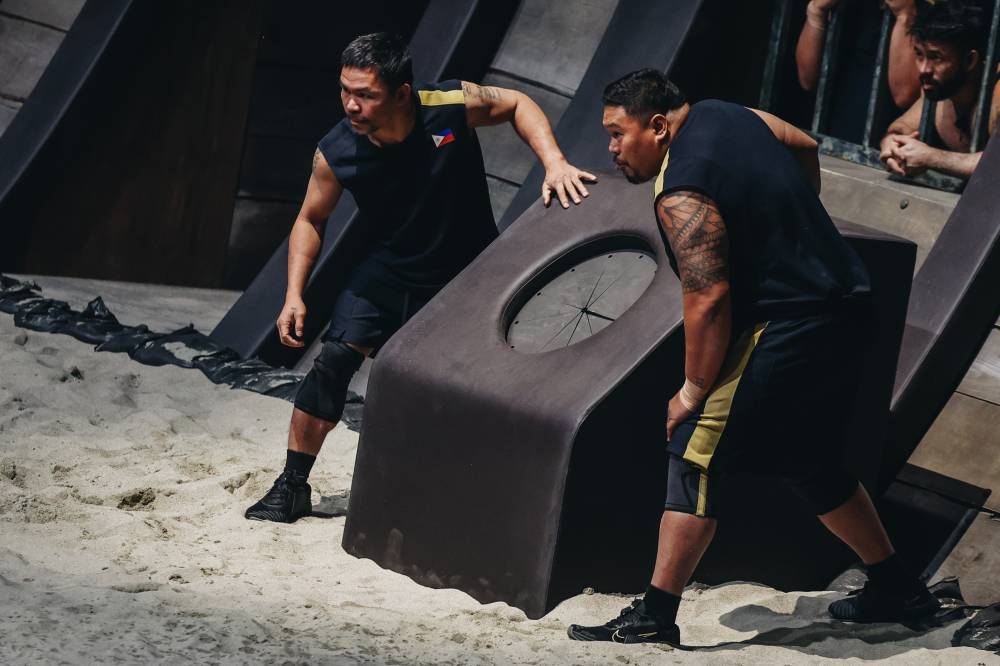
On a knife-edge
Indeed, Jang revealed that having Pacquiao on board was a casting goal. He and his team reached out to the champion several times to pitch the show—until finally he invited them to his home. “He welcomed us and treated us to a nice home-cooked meal. We also had the chance to see him train,” Jang shares. “After that, we explained the concept and, thankfully, he said yes that same day.”
Pacquiao was excited to get the call—and flattered, too, that he was considered over many other sporting legends. And the prospect of guiding a Filipino team and bringing home honor sounded like an opportunity too good to pass up.
Jang knew that “putting national pride into the equation” would be as good a motivator as any.
“What sets this apart is that when you have your national flag on your chest, the pride grows so much stronger,” he points out. “It really added tension to the show. There’s so much heart involved… The intensity is going to be on another level.”
He wasn’t exaggerating. After four episodes, Team Philippines finds itself on a knife-edge. A costly mistake resulted in a loss against Mongolia in the grueling second quest, where teams had to haul heavy cargo across a shipwreck-themed course. Still finding its footing, Team Philippines’ survival now rests on the “ball-stealing” deathmatch against Thailand—the results of which will be revealed in the next batch of four episodes on Nov. 4.
“I know it will be a tough challenge. It’s a tight and competitive field with participants who are equally strong athletes from other countries,” Pacquiao says. “It’s definitely going to be exciting.”














